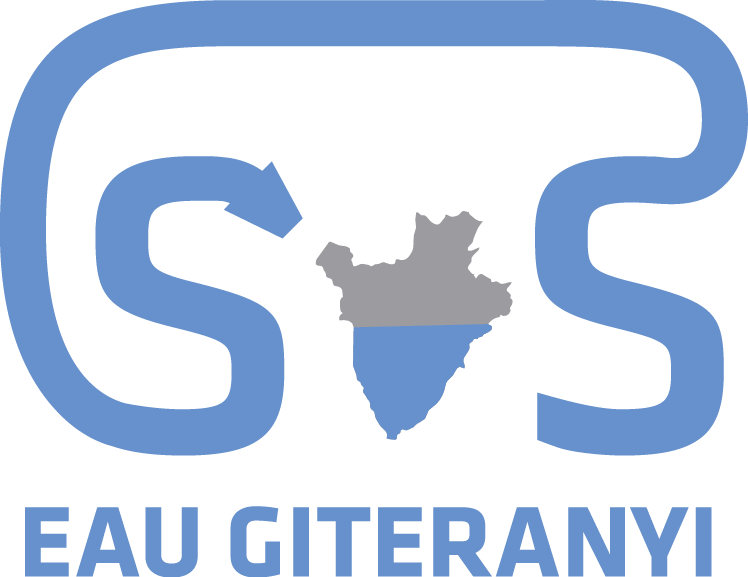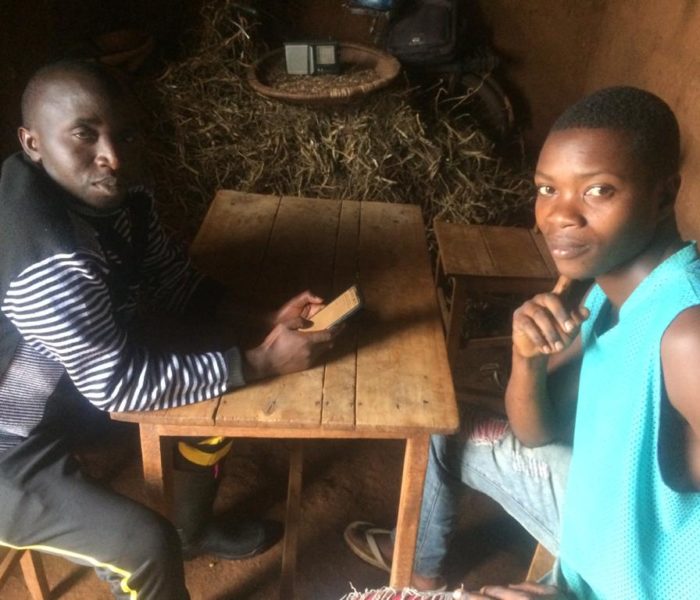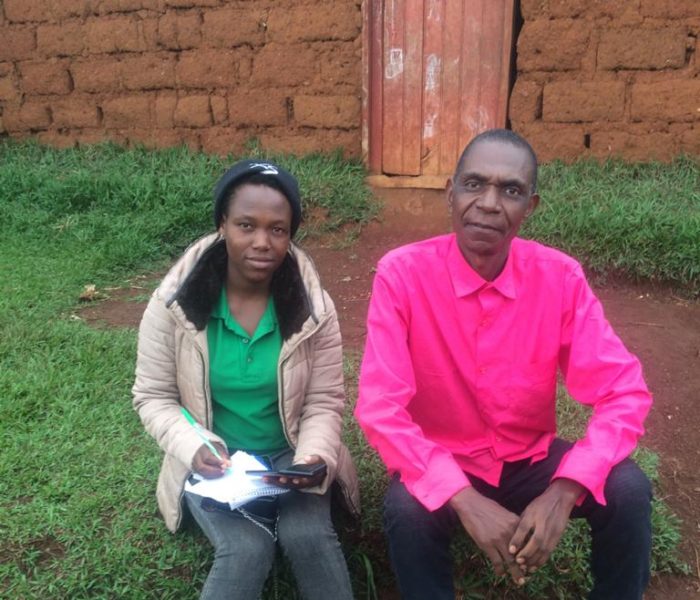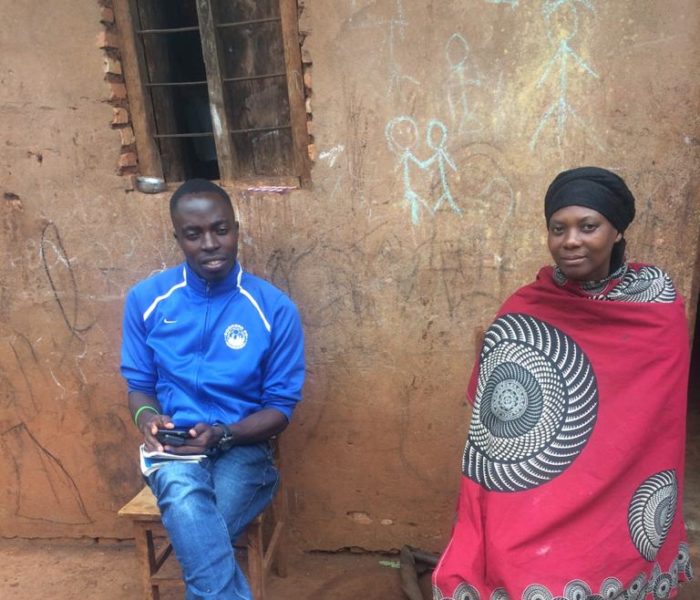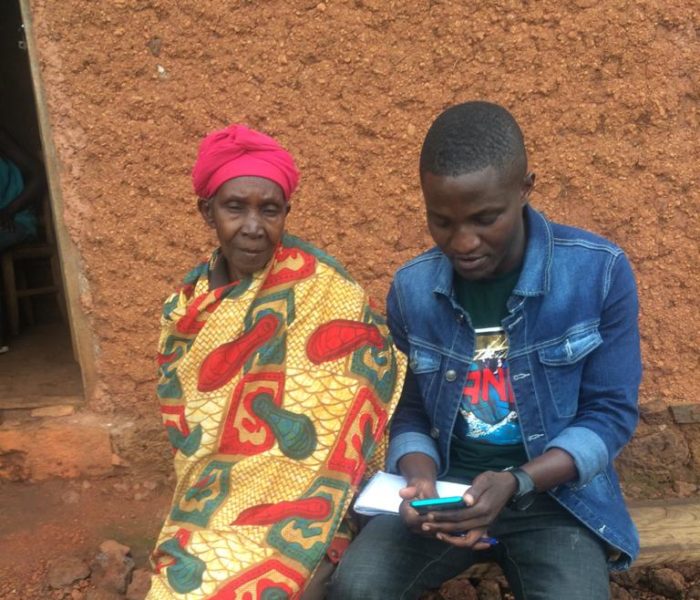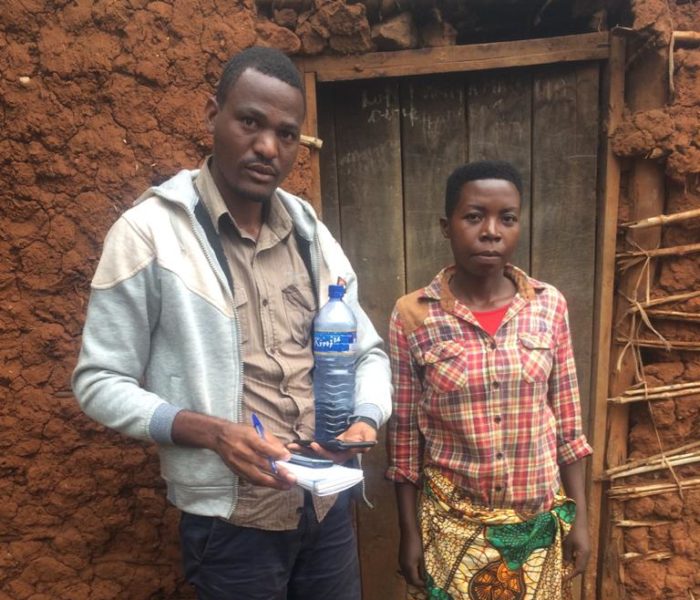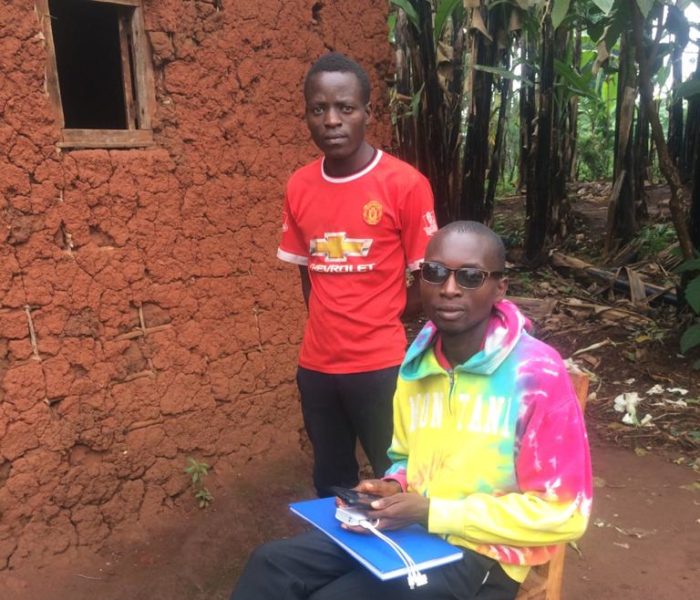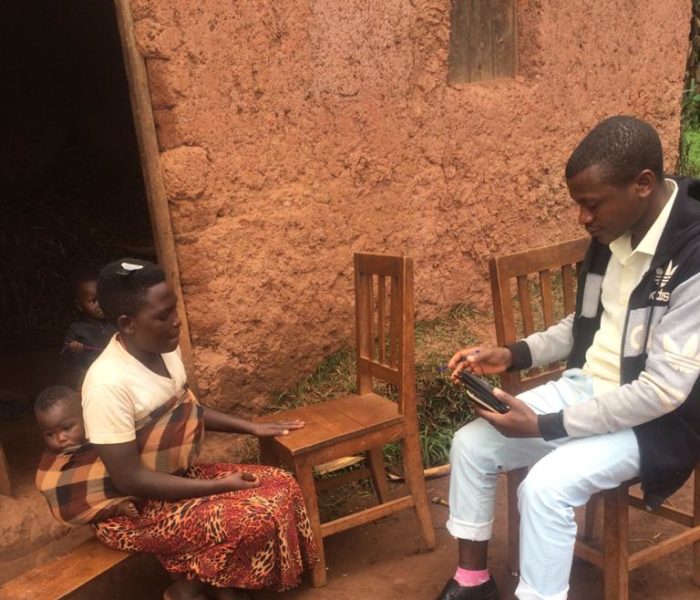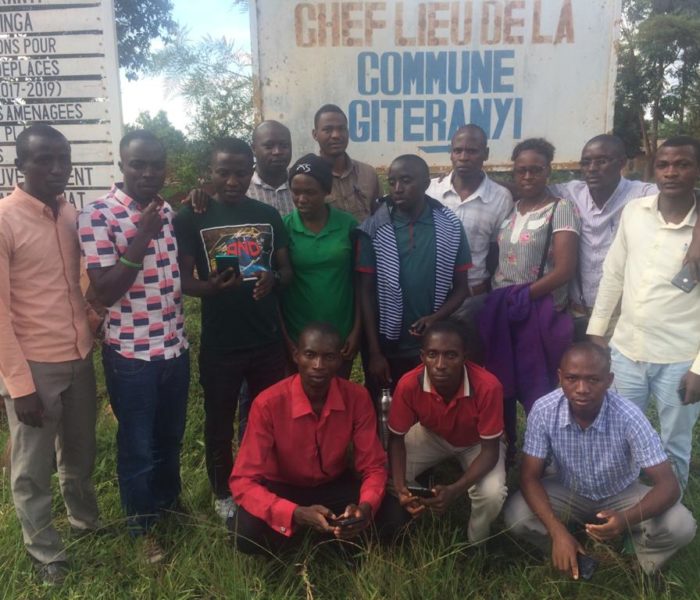To assess the current situation and the needs of the local population regarding water consumption in Giteranyi, the University of Burundi, in collaboration with SOS Eau Giteranyi, conducted a sociological survey in November 2020.
Household Access to Water
The main result of this survey confirmed that access to water is limited: more than 60% of households in the sample rate access to drinking water as “very limited”. This is true throughout the year; during the dry season, almost all households find drinking water in managed natural springs. During the rainy season, about a third of respondents say they drink rainwater and the rest continue to get water from springs. Because of the remoteness of the springs, it takes an average of two hours a day to collect the water. This implies that the need for our project, which will make procurement easier, is indeed present. Almost all of the inhabitants carry the water on their heads and are forced to go up the hill to their village with this heavy weight.
Another important aspect regarding health is the storage of water: 74% of households in the sample use plastic containers to store it. Many of these previously contained oil or gasoline, which means that it is difficult to clean them properly before filling them with water. To clean the containers, about half of the sampled population uses only sand, while 28% use soap and an aluminum sponge, which may be insufficient. The study found that 70% of the households in the sample are aware of drinking water treatment methods, but only 21% purify the water before consuming it. Water quality can also affect health and, according to the survey, in a third of households surveyed, at least one of the children had diarrhea in the last three months, and contaminants are likely responsible.
The reception of the project has been positive: almost all households are ready to use the water distribution stations that will be built and 80% have planned to buy a voucher card to use it. 99.7% of households in the sample are ready to use the water distribution stations.
Subsequently, in addition to quantifying the need for a more accessible source to maintain a sufficient level of hygiene, the survey also showed the openness and eagerness of people to obtain a new drinking water system in their village. The team is confident that our project will be a success and that the new water source will improve the quality of life of the inhabitants of Giteranyi.
